Codegen with Natasha: A step change for software development
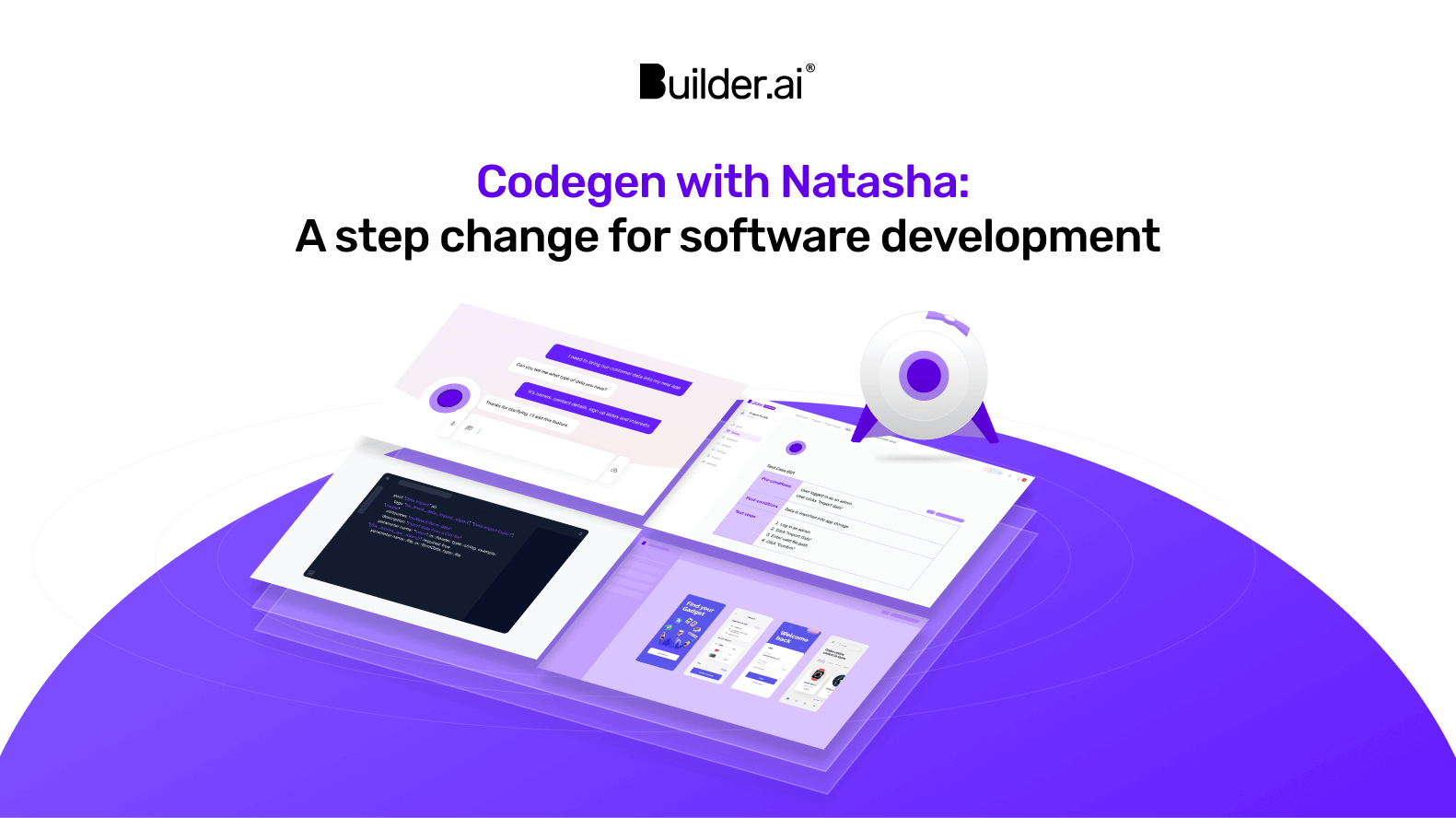
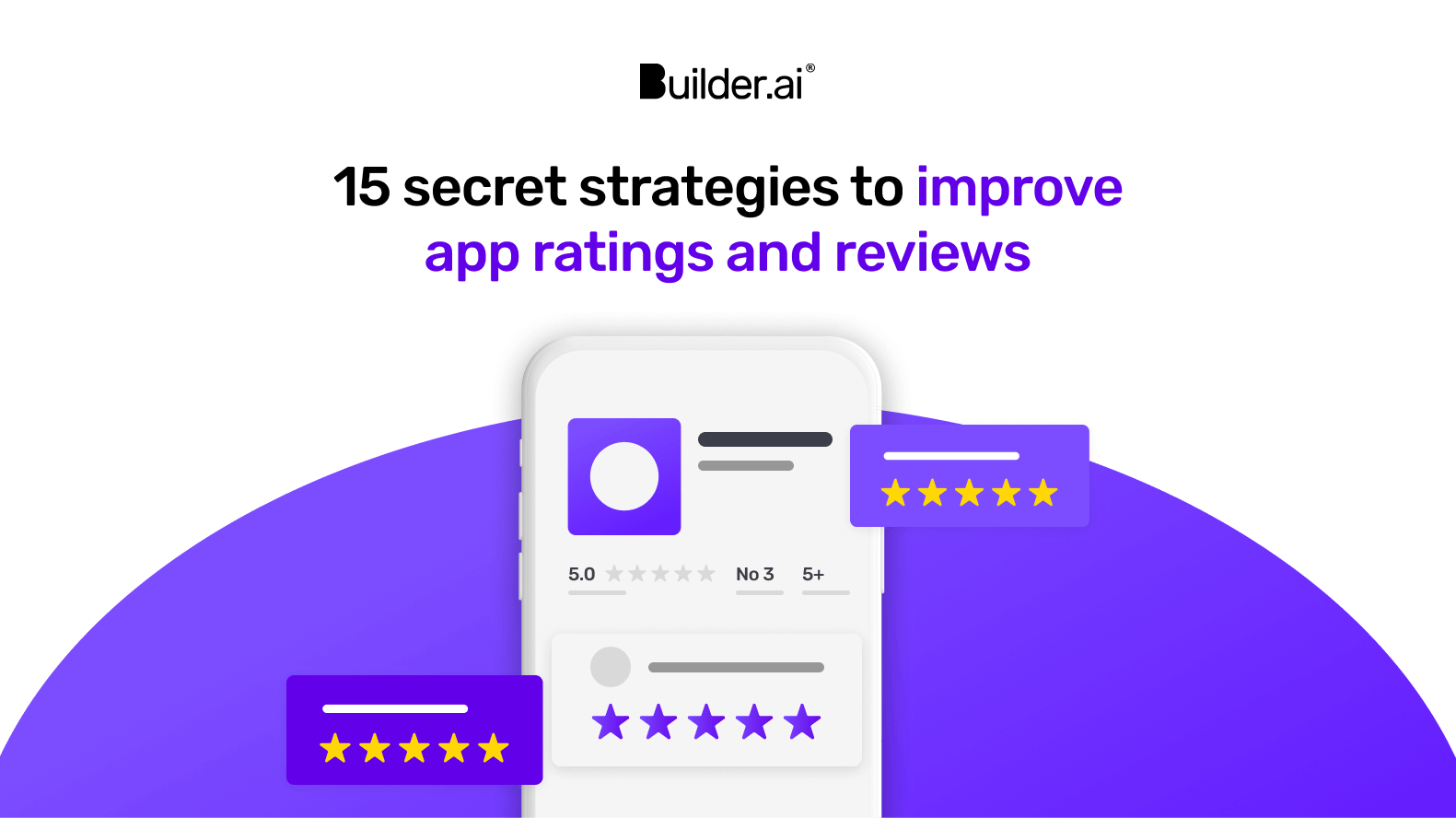
15 secret strategies to improve app ratings and reviews
Here’s how you can secure ratings and reviews at scale and skyrocket your app store rankings…

Codegen with Natasha: A step change for software development
Turning voice into code helps us deliver any software idea with unparalleled precision and speed
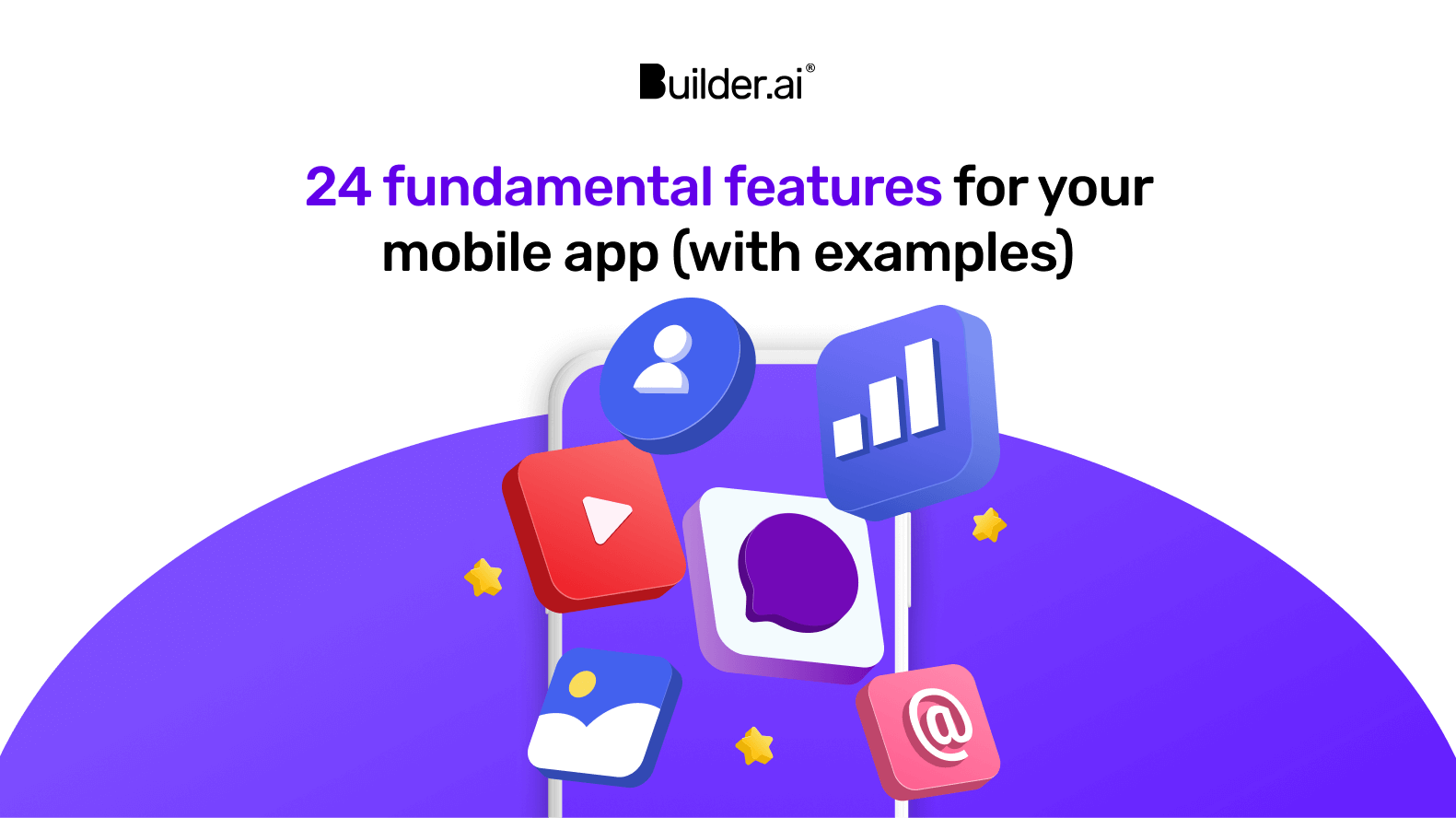
24 fundamental features for your mobile app (with examples)
Here are the features ecommerce, finance, health & fitness, travel, e-learning and entertainment apps need to succeed

Setting the Record Straight: Builder.ai’s Commitment to Integrity and Leadership
In response to the recent article published by the Financial Times, which attempts to cast a shadow on the integrity of our Founder and CEO (Chief Wizard) Sachin Dev Duggal, it is imperative to address and debunk the narrative presented.
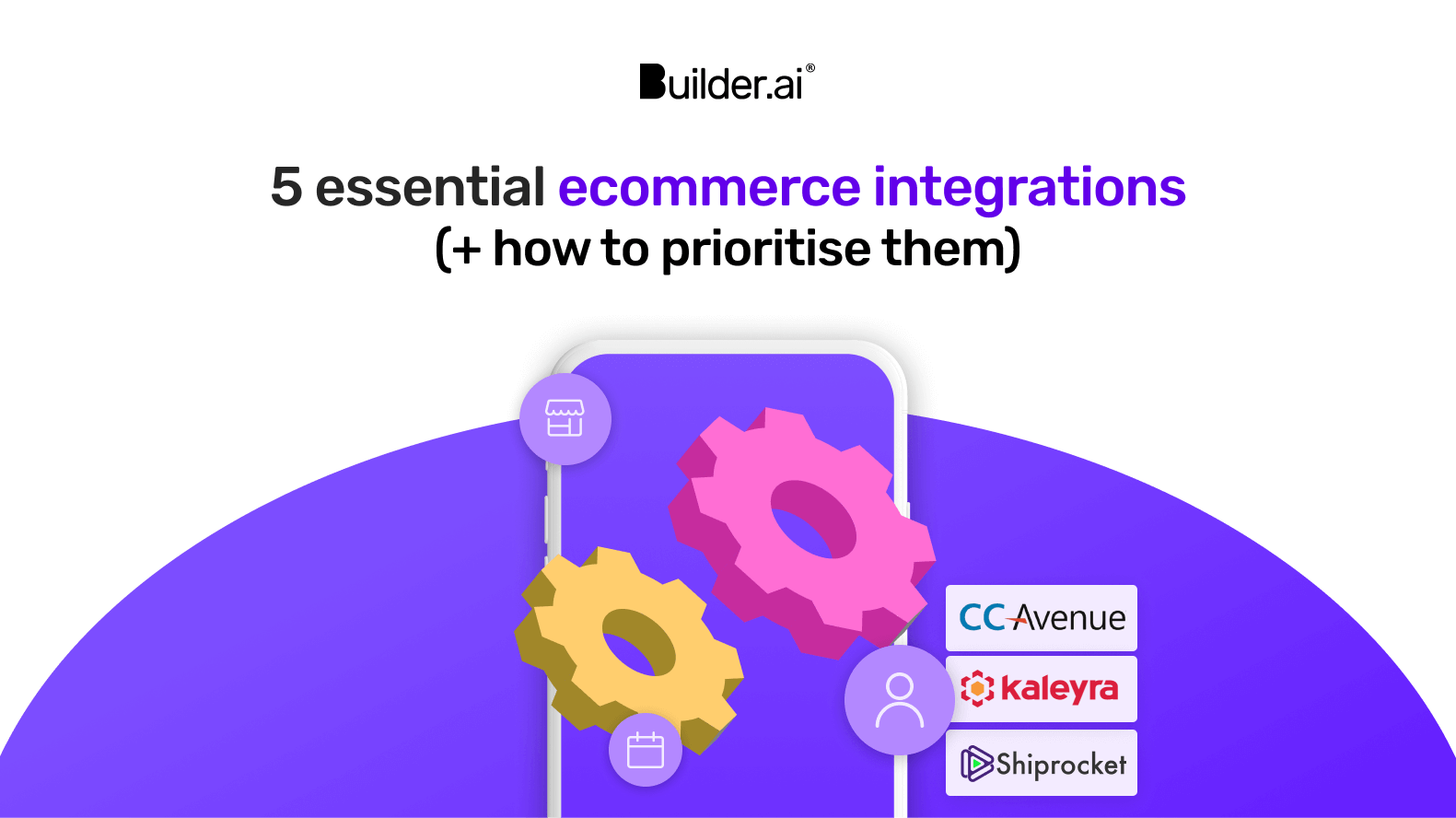
5 essential ecommerce integrations (+ how to prioritise them)
Here’s how you can avoid overspending and get the right tech stack for your online store

6 stupidly simple steps to mapping app user journeys
Here’s how to ensure users can seamlessly navigate through your app…
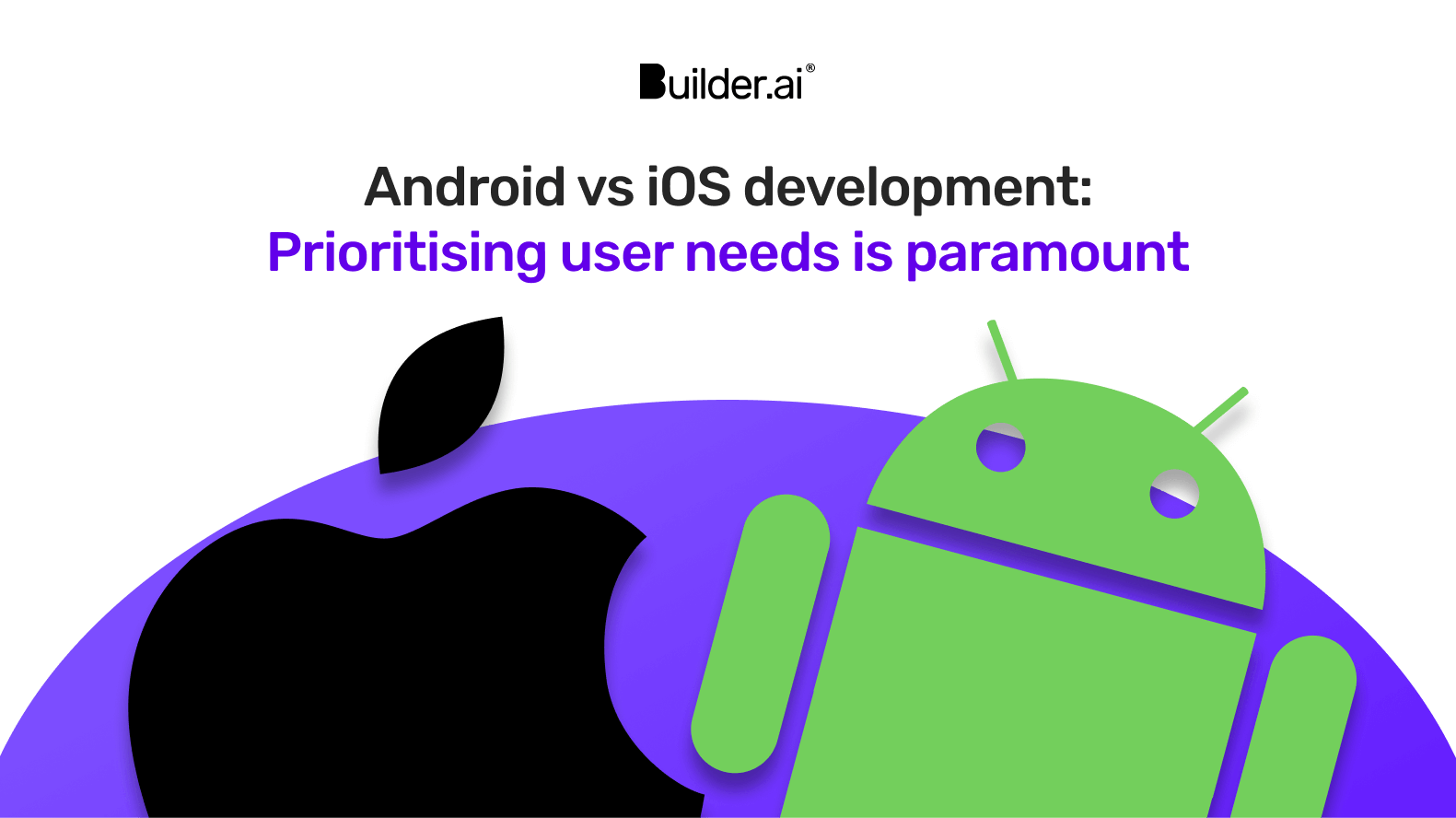
Android vs iOS development: Prioritising user needs is paramount
Personal preference counts for nothing when you’re developing an app
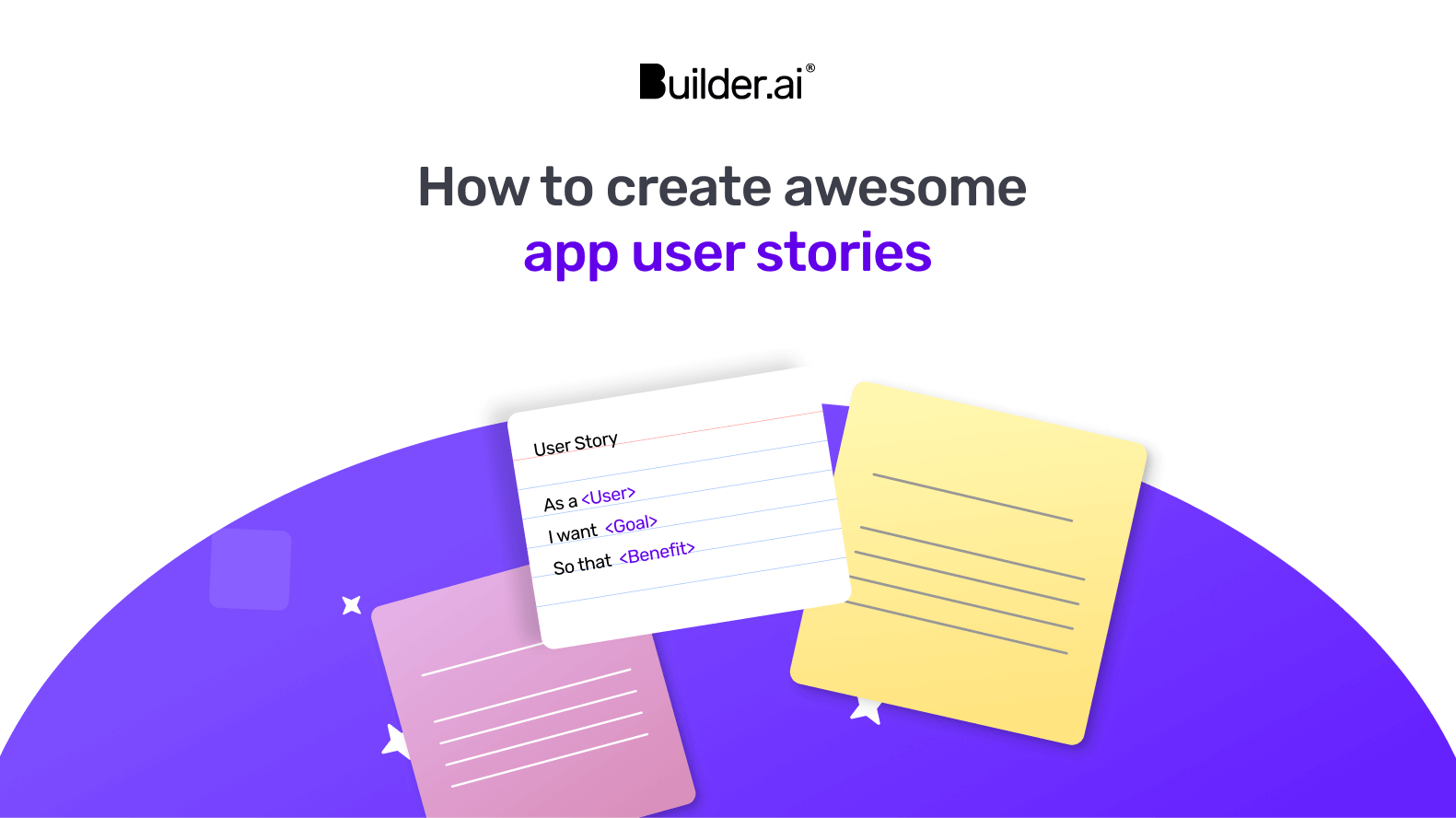
How to create awesome app user stories (examples, frameworks & more)
The INVEST criteria is the secret ingredient to building an exceptional app
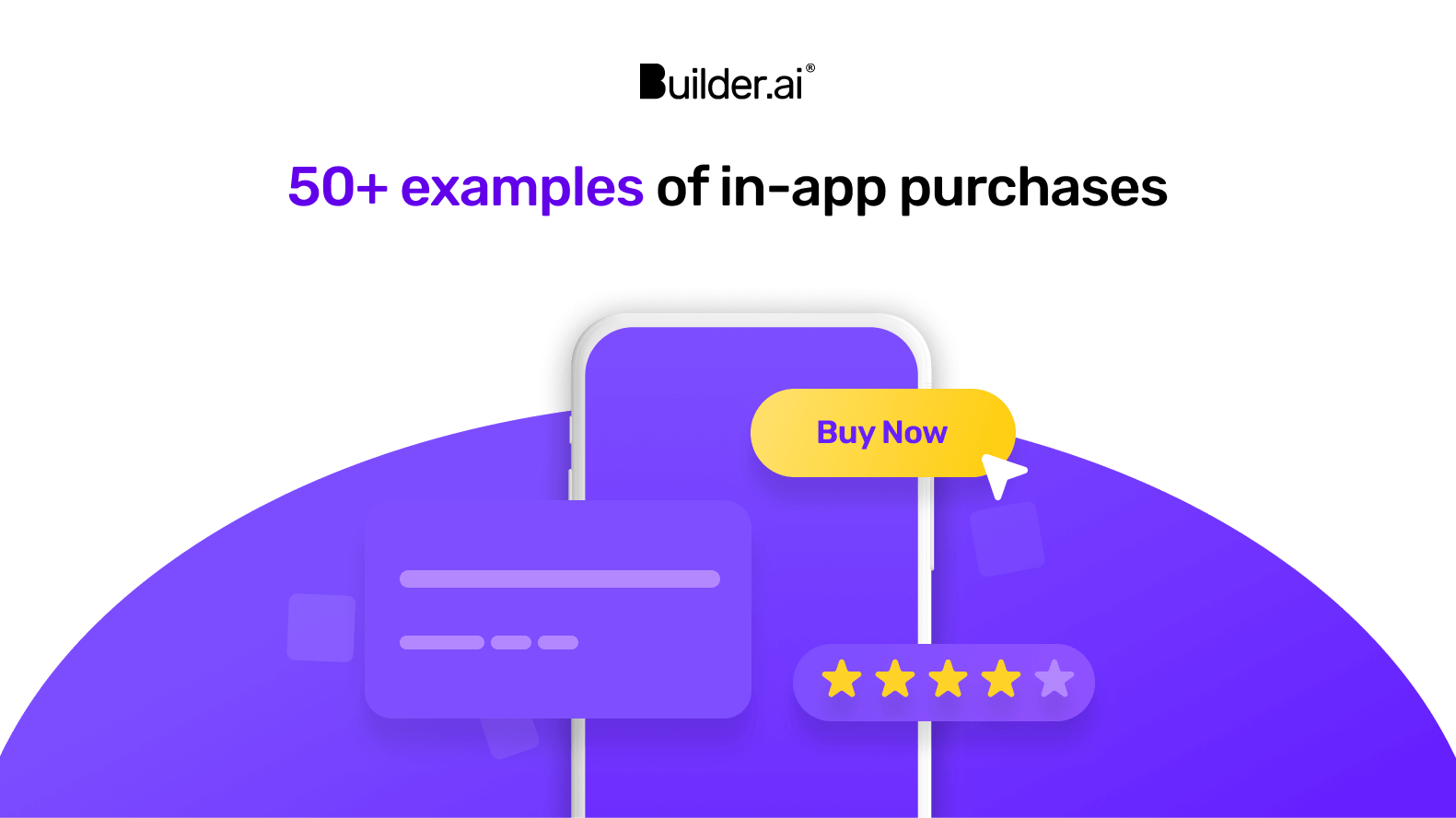
50+ revenue-boosting examples of in-app purchases (across industries)
Discover the different types of IAPs, how they work and more…

In-app advertising: How to generate revenue without destroying your user experience
It’s a balancing act to unlock this revenue stream without alienating users…

The 8 best WooCommerce alternatives that help you sell online
WooCommerce is a familiar name in the ecommerce space. But is it the best choice for your online store?
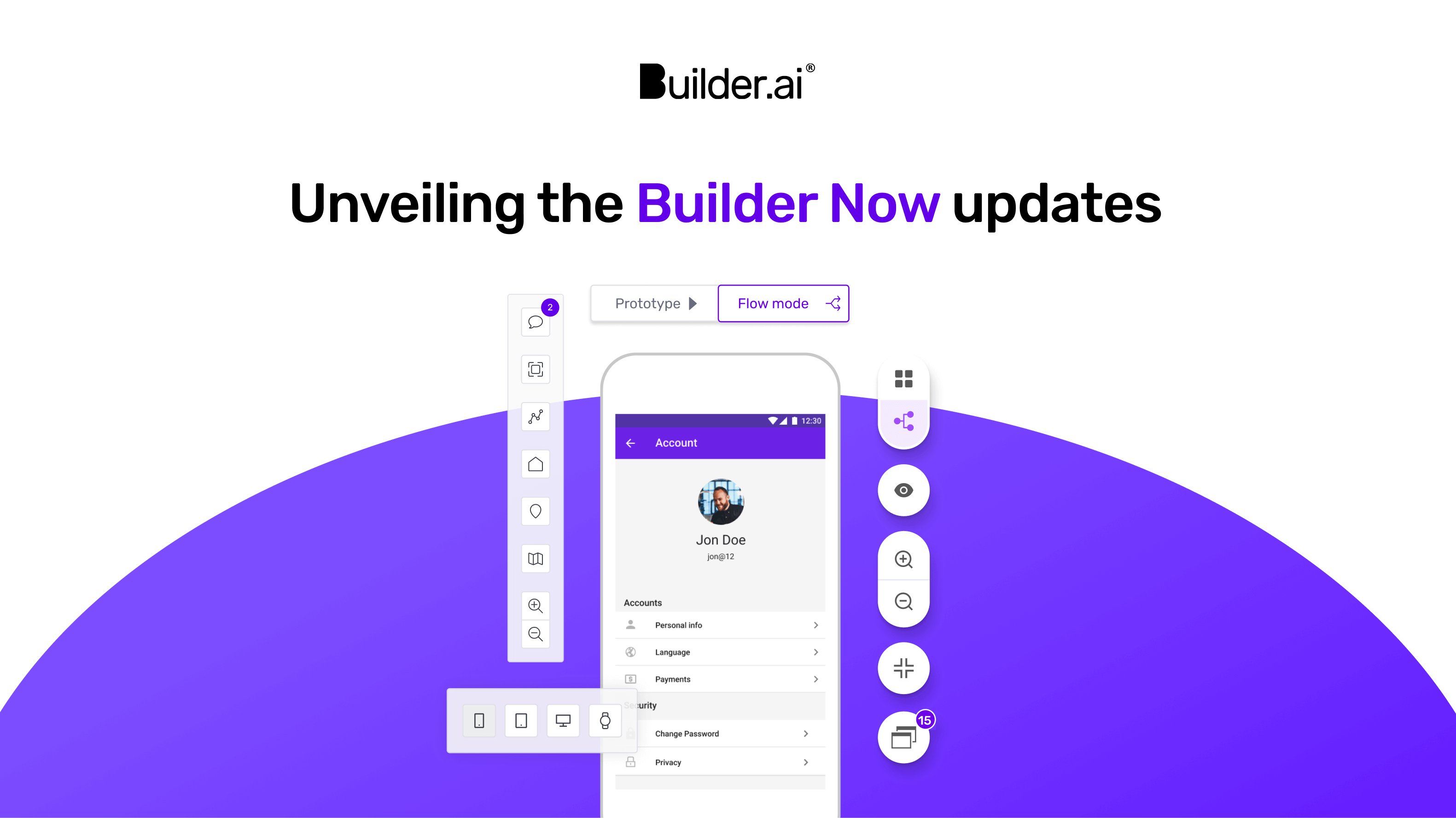
Unveiling the Builder Now updates: Creativity made easy
Welcome to the Builder Now (upgraded) revolution.
Builder Now is the platform you need to turn your app idea into a working prototype! Giving you the chance to experience (and share) your app before it even gets built.
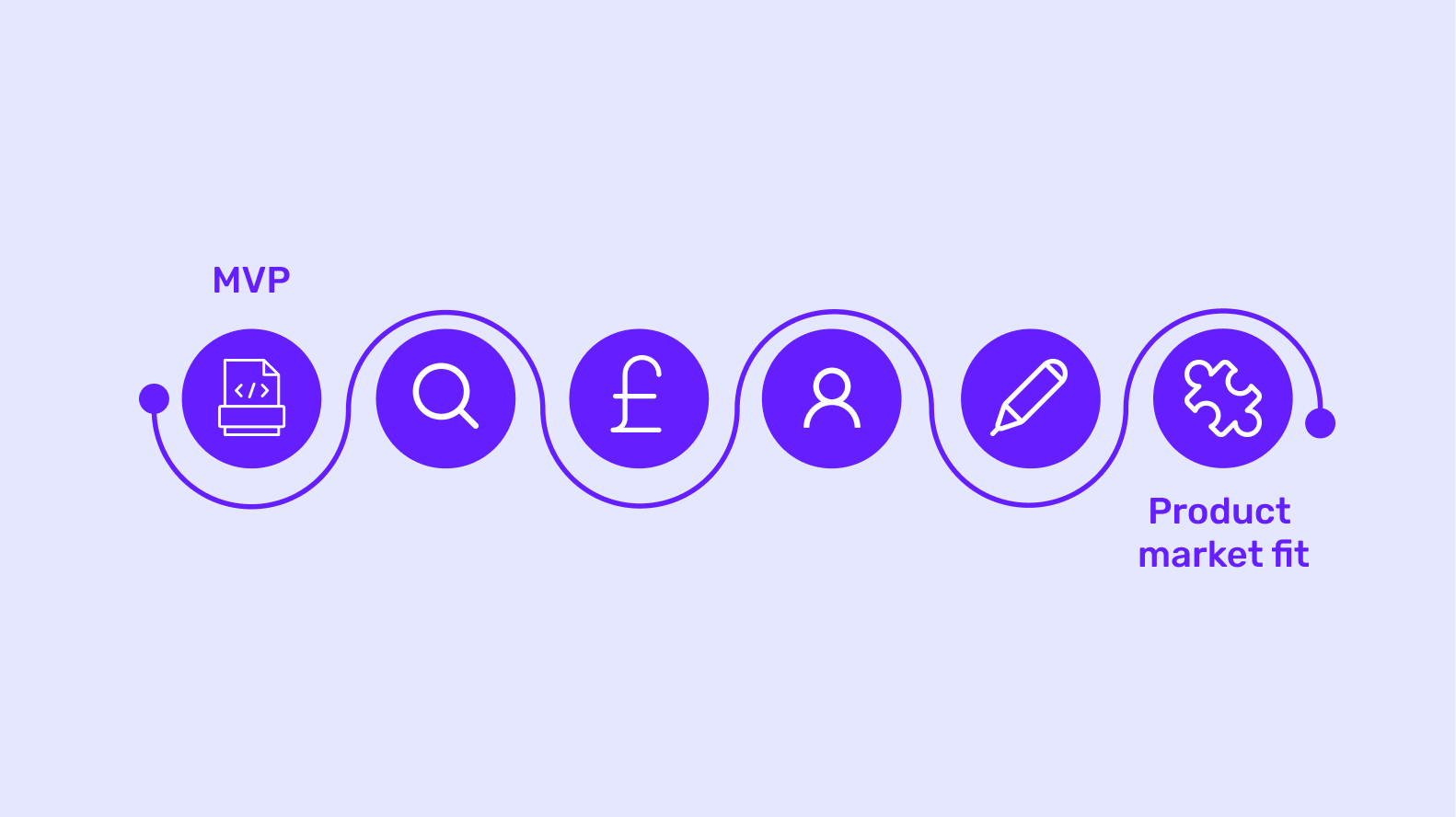
How to create a (post-launch) mobile app development roadmap
Launching your app is only the beginning…
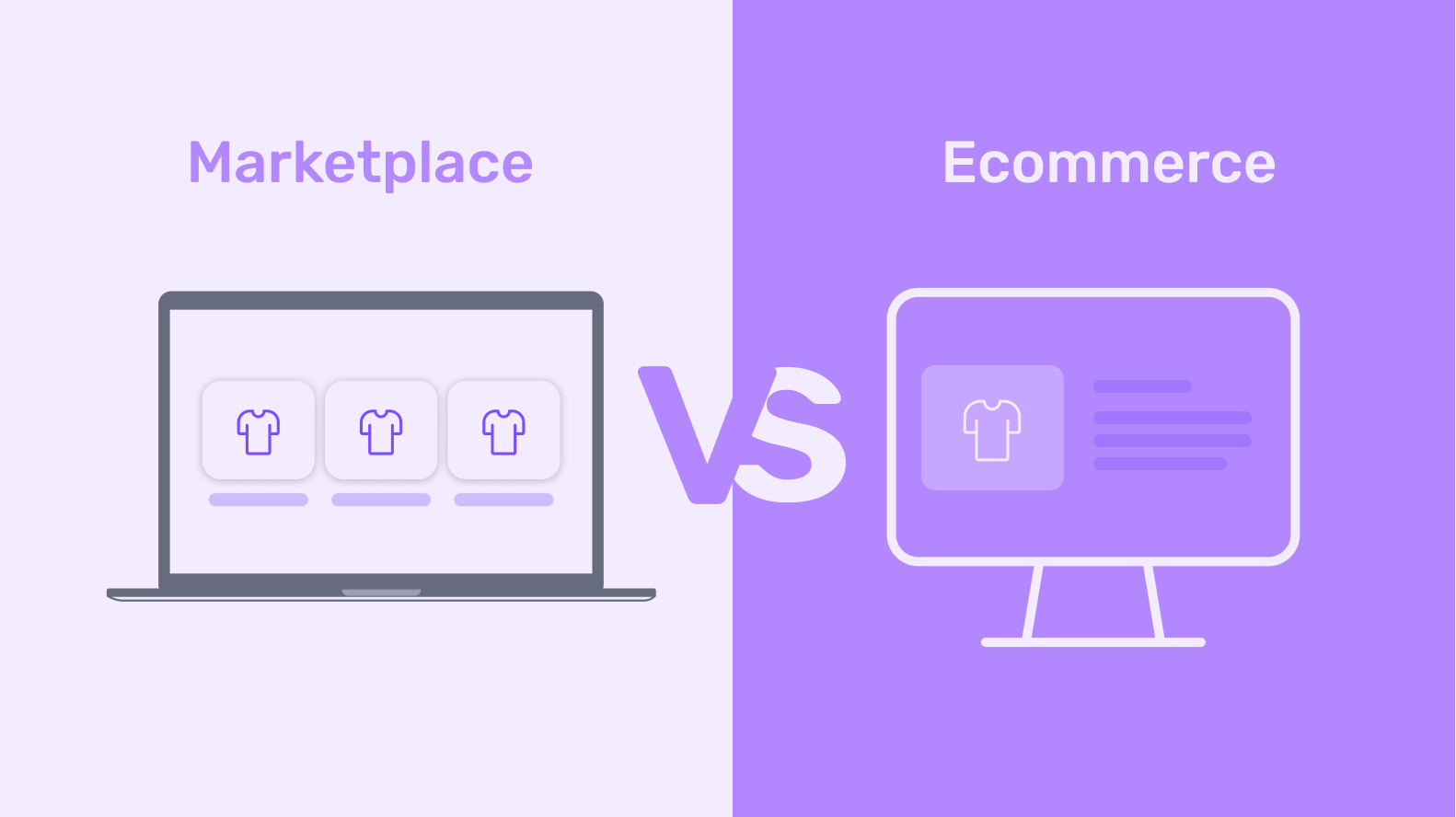
Marketplace vs ecommerce store: Which is best for your business?
While both platforms have their benefits, using them together could be the winning formula 🧪
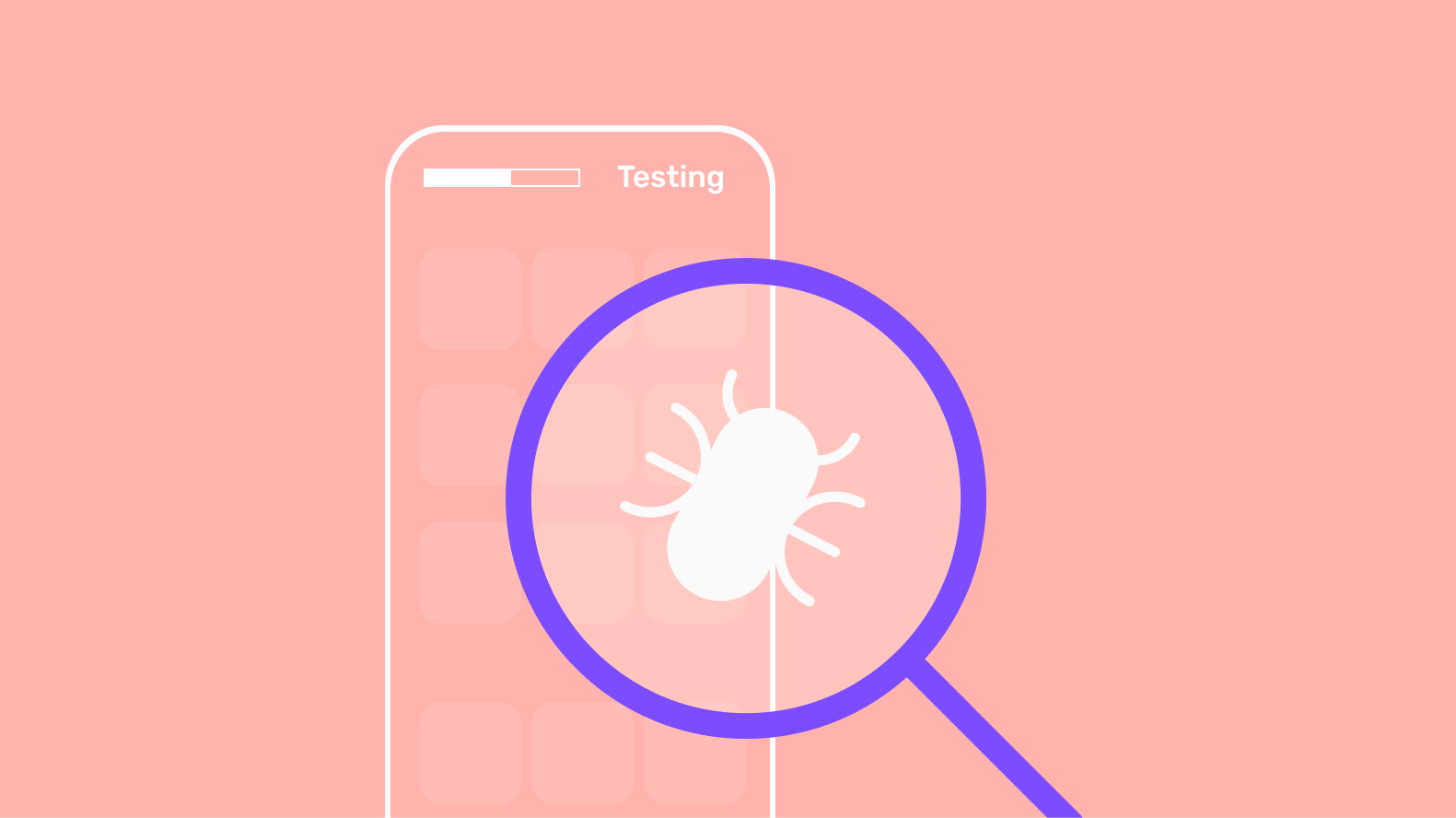
How to achieve peak app performance with mobile app testing
A continuous approach to mobile app testing is the key to ensuring long-term success
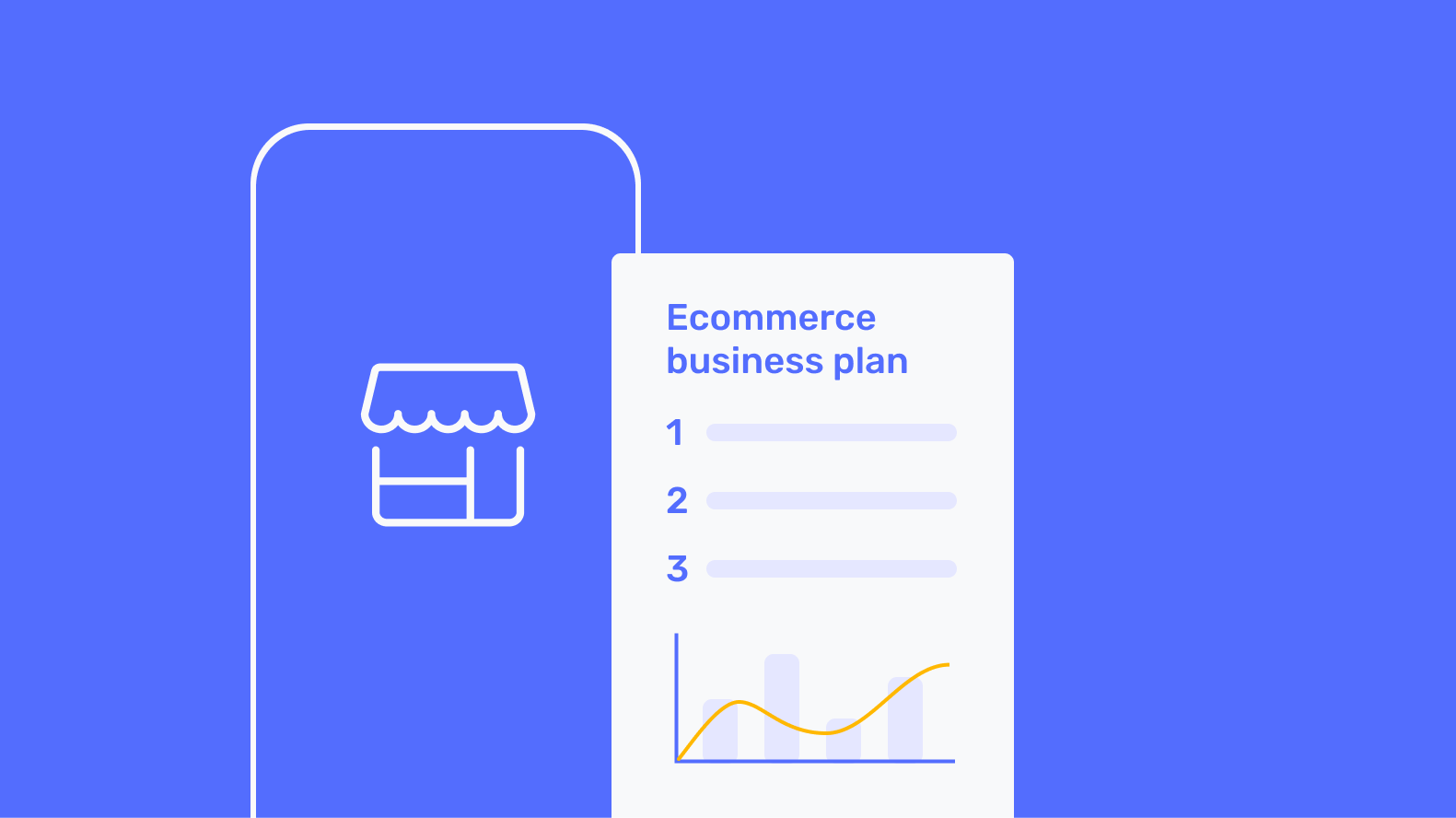
7 steps to creating a captivating ecommerce business plan
Use our free template to attract investment to your ecommerce business

Convergence India Expo 2024: AI Dominates Annual Event
The technology has a big role to play in the telecom industry and beyond…
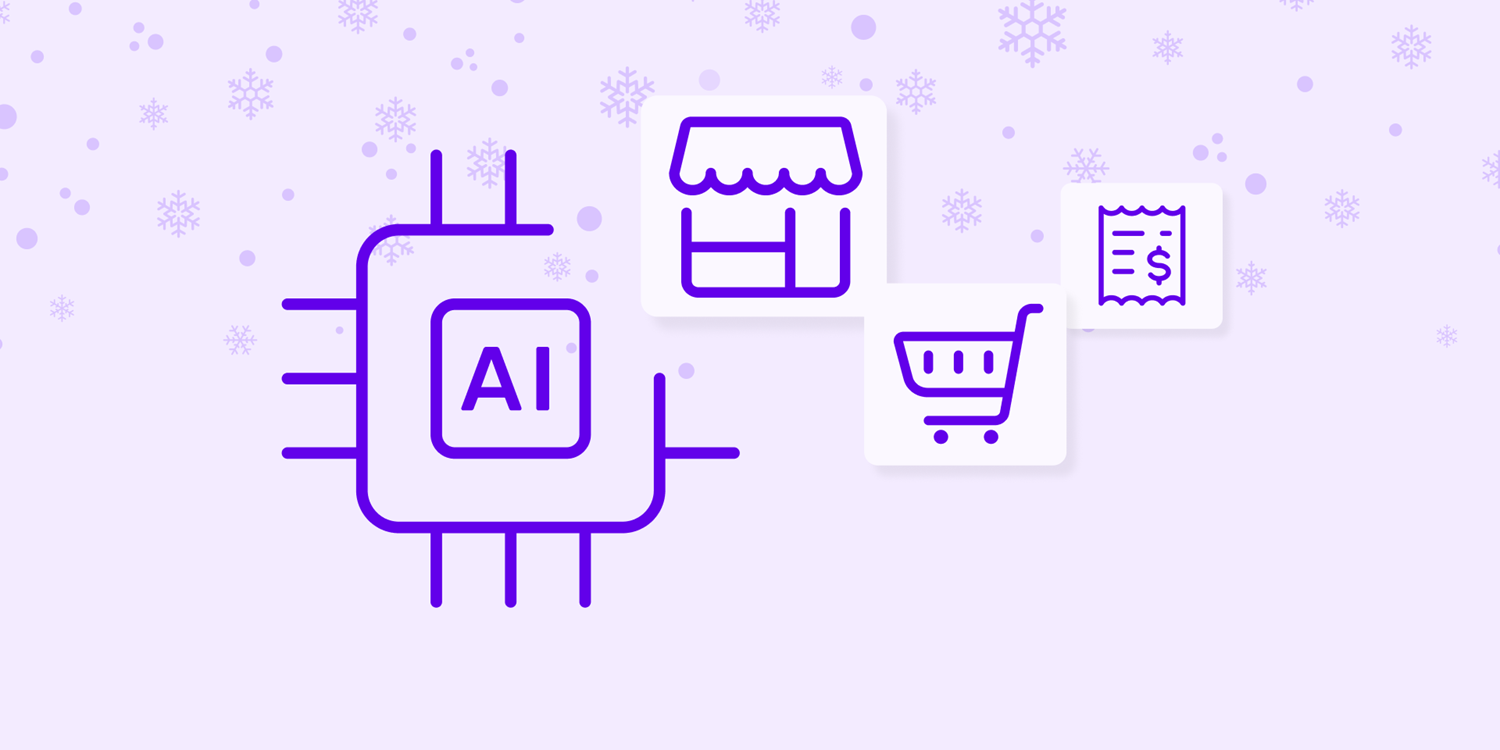
How AI is helping retailers (and customers) this holiday season
Here’s how you can unwrap extra revenue while delivering memorable experiences to customers

 Facebook
Facebook X
X LinkedIn
LinkedIn YouTube
YouTube Instagram
Instagram RSS
RSS


